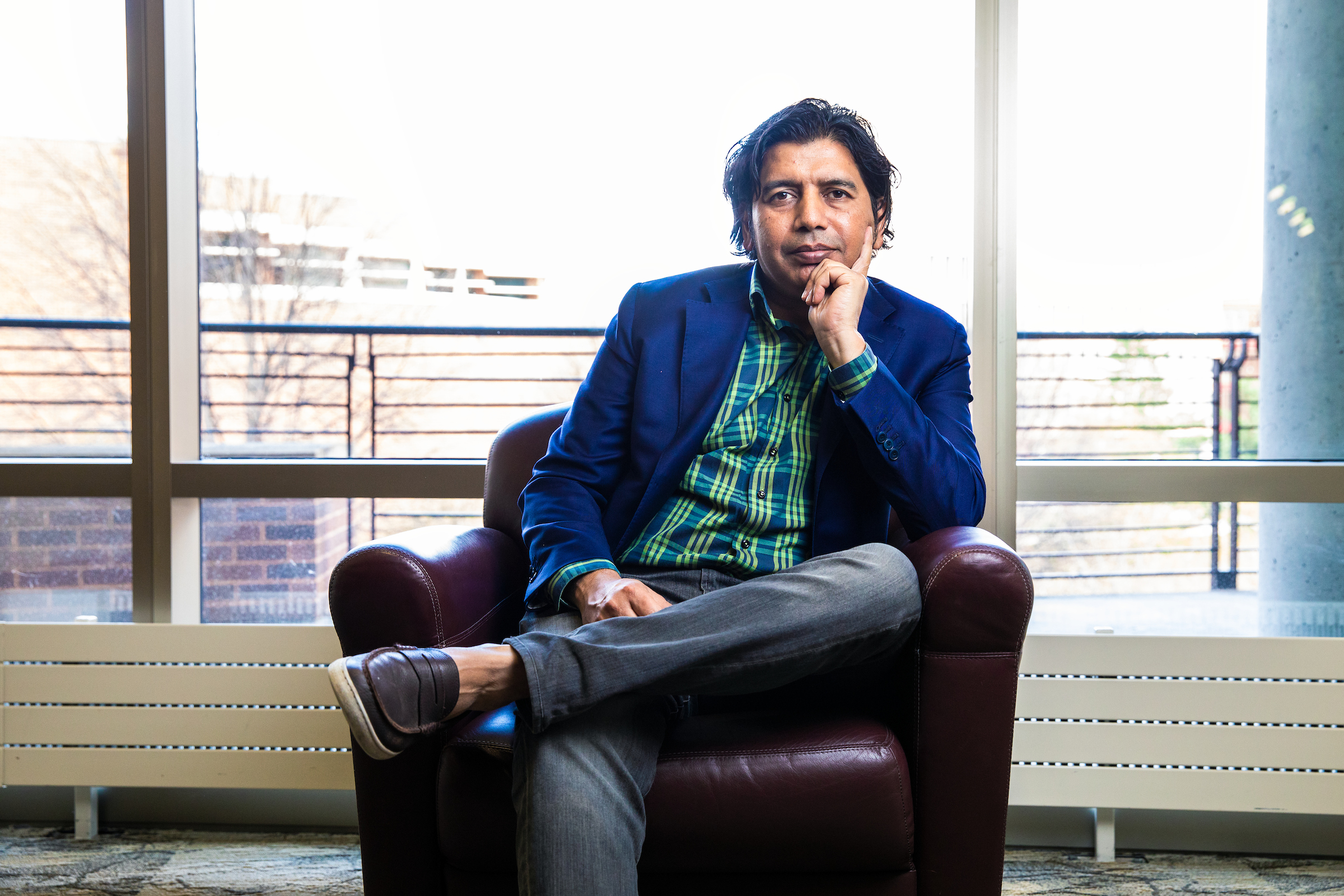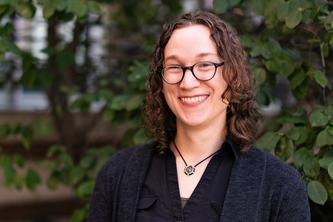
Concerns over the dangers of artificial intelligence have dominated headlines as business and tech leaders work to adapt to the emerging technology. However, the future of AI likely won’t play out as apocalyptic sci-fi but rather through adjustments in various aspects of our everyday lives.
Ravi Bapna of the University of Minnesota Carlson School of Management aims to demystify AI, giving people agency in shaping the future of this technology.
Ravi Bapna, Ph.D.
“The doom and gloom reaction to artificial intelligence has been overhyped. AI’s current capabilities will largely augment workers rather than replace them. AI is the next general-purpose technology that will allow us to create better services and products and increase well-being. As with any technology, researchers and companies need to be responsible with AI and have good guardrails in place.
The following are real-world examples of how AI is already improving lives on a daily basis:
- Richer romantic recommendations. Much like Netflix movie suggestions, machine learning is shaping connections on dating apps, leading to more diversity in matches.
- Reducing hate speech. AI algorithms are deployed to detect offensive language or images in real-time on platforms such as Nextdoor and Tinder.
- Better health. AI augmented doctors’ ability to read mammograms by detecting cases of breast cancer that otherwise would go undetected, saving lives in the process.
- Personalized learning journeys. Large language model-based “tutor bots” such as Khan Academy’s Khanmigo can, at scale, meet students where they are in their learning journeys and enhance the capacity of overburdened teachers.
- Equitable job recruitment. AI can also be harnessed to create ‘good bias’ to correct social inequities. Responsibly designed algorithms can provide an initial screening of resumes. Research shows this method can help increase diversity in the workplace by bypassing bias in the hiring process.”
Ravi Bapna is the Curtis L. Carlson Chair in Business Analytics and Information Systems at the Carlson School of Management where he also serves as the Academic Director of the Analytics for Good Institute and the Carlson Analytics Lab. He is an award-winning data scientist whose research focuses on analytics, artificial intelligence and machine learning, digital transformation, social media, and economics of information systems.
- Categories:
- Science and Technology
- Human development





